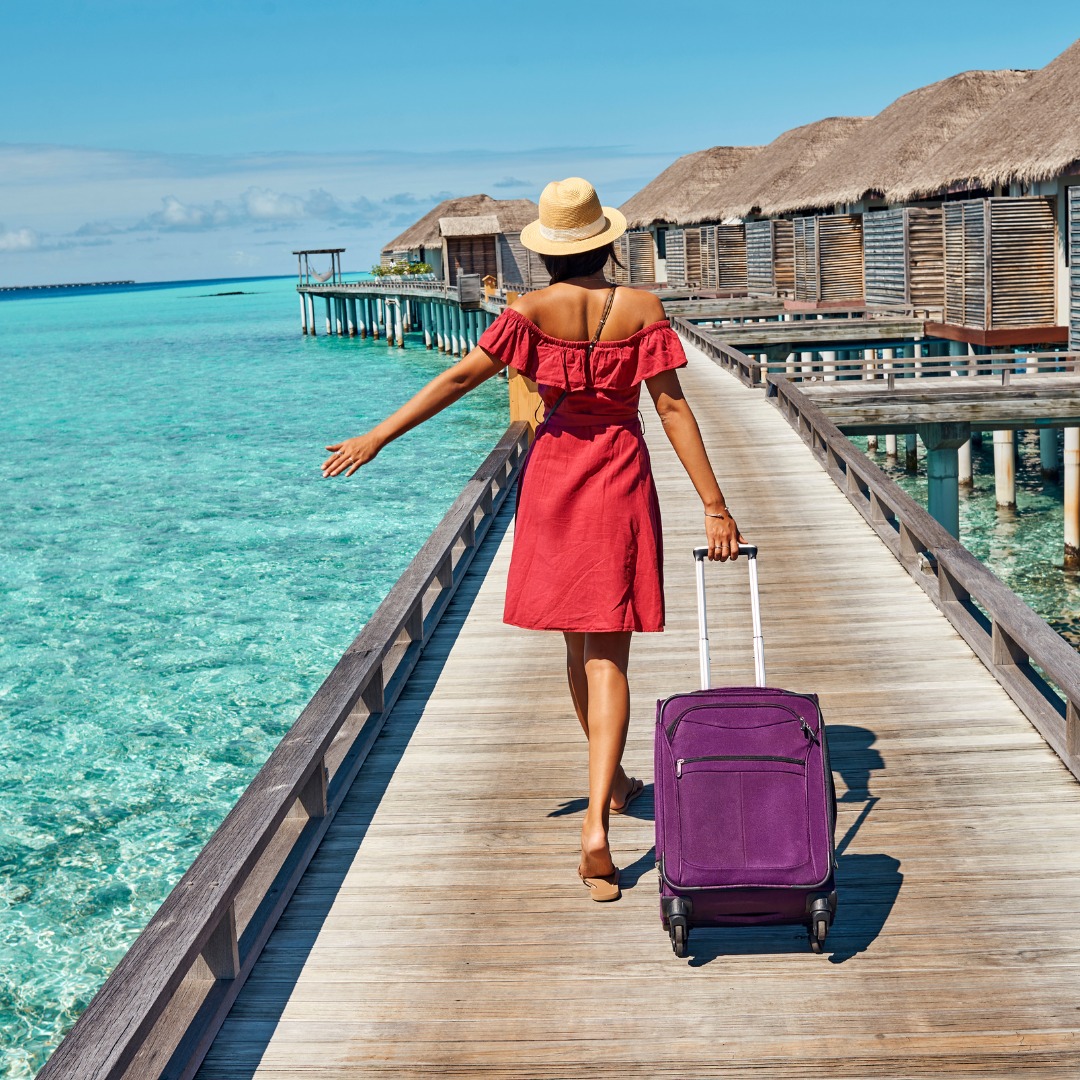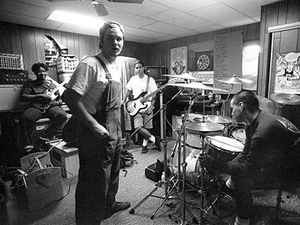Introduction
Traveling is more than just a way to visit new places; it’s an experience that broadens our horizons and enriches our understanding of the world. Whether it’s a weekend getaway or a month-long adventure, traveling allows individuals to experience different cultures, cuisines, and lifestyles. In this article, we’ll explore the different aspects of travel, its benefits, and how to make the most of your trips.
The Benefits of Traveling
Traveling offers numerous benefits that go beyond just relaxation. Here are some of the most significant advantages:
- Cultural Awareness: Traveling exposes you to different cultures, traditions, and languages. It helps break down stereotypes and fosters a sense of empathy and understanding for people from different walks of life.
- Personal Growth: Traveling challenges you in many ways, from navigating foreign cities to stepping outside your comfort zone. It encourages adaptability and resilience, which are key traits in personal development.
- Stress Relief: Often, the day-to-day routine can become monotonous and overwhelming. A change of scenery can provide a much-needed mental reset, offering a chance to unwind and recharge.
- Building Memories: Traveling creates lasting memories that you can cherish for years. Whether it’s a spontaneous road trip or a planned vacation, these experiences often become some of the best stories to tell.
Types of Travel
Travel can take many forms, depending on interests, budget, and time available. Here are some of the most popular types of travel:
- Adventure Travel: For thrill-seekers, adventure travel involves activities like hiking, mountain climbing, or even scuba diving. This type of travel is perfect for those looking to challenge themselves physically and mentally.
- Cultural Travel: Some people travel primarily to explore the history, art, and culture of a destination. Visiting museums, historical sites, and attending cultural festivals are some examples.
- Luxury Travel: This involves staying at high-end hotels, private villas, or taking cruises. Luxury travelers often seek exclusive experiences, such as fine dining, spa treatments, and personalized services.
- Eco-Tourism: Sustainable travel has become increasingly popular. Eco-tourism focuses on exploring natural landscapes while minimizing environmental impact. It often includes activities such as wildlife safaris, visiting national parks, or staying in eco-friendly accommodations.
- Solo Travel: Traveling alone can be a rewarding experience. It allows for complete freedom, self-discovery, and the opportunity to meet new people.
Tips for a Successful Trip
- Plan Ahead: While spontaneity can be fun, having a rough itinerary can help you make the most of your time. Research your destination, look for must-see attractions, and understand local customs and etiquette.
- Pack Smart: Don’t overpack. Bring versatile clothing, travel-sized toiletries, and essential documents. Ensure you have chargers, power banks, and any special items you may need.
- Stay Safe: Always be aware of your surroundings, especially in unfamiliar locations. Keep a copy of important documents like your passport and travel insurance, and avoid flaunting valuables.
- Budget Wisely: Travel doesn’t have to be expensive. Look for budget-friendly accommodations, use public transport, and enjoy local cuisine for an authentic experience without breaking the bank.
Conclusion
Travel is a powerful tool that allows individuals to grow, relax, and experience the world. It enriches lives, creates unforgettable memories, and teaches lessons that can be applied in everyday life. Whether you’re traveling for leisure, work, or exploration, the world has much to offer for everyone.




